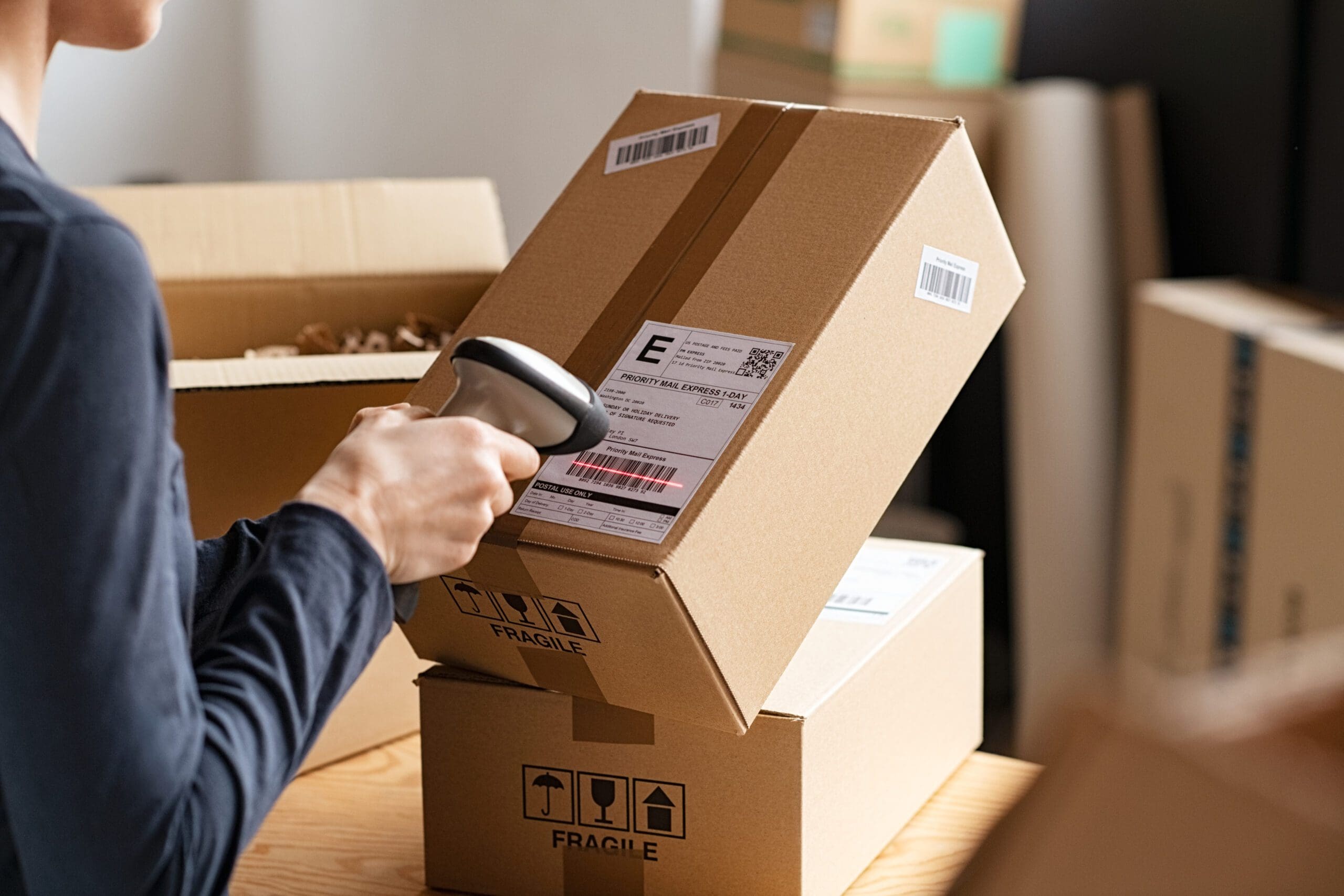If you are considering international business, import tax and duty tax may be unavoidable. You will want to make sure you fully understand the terms and regulations to avoid any penalties. Keep reading to learn more about import duties and taxes.
Top Import Tax and Duty Mistakes to Avoid
The global supply chain can be complex and difficult to navigate at times. The world may be a smaller place due to the power of the internet and the capabilities of the world’s shipping and logistics industries, but it doesn’t mean there is any less paperwork or regulations to adhere to. On top of it, each country can have its own rules and regulations for exporting to other countries, and the US can have different rules and regulations for importing from certain countries.
Depending on the country of origin that you are receiving your inventory shipments from, you may have additional requirements to fulfill for one country when compared to importing from a different country. For example, importing a bulk shipment from Australia may be a completely different process than receiving the same bulk shipment from Kazakhstan. It is a mistake to assume that import requirements are uniform for every country. That is not the only mistake you can commit when it comes to imports. Here is a breakdown of some of the most common import mistakes that small businesses make when receiving shipments from abroad.
Lack of commercial invoices: Every shipment that enters the United States and that passes through US Customs and Border Protection must contain commercial invoices and all related billing paperwork. It is the responsibility of the importer, not the exporter, to ensure all the proper documentation is included with the shipment and that all the paperwork is filled out completely and accurately. If the commercial invoices are missing, or something is incomplete on the form itself, your shipment could be rejected and returned to the country of origin. At the very least, it could cause unnecessary delays and cause you a headache to try to retrieve your shipment that is held up at customs.
The purpose of the commercial invoice is to help the CBP determine the shipment’s admissibility, classification, and valuation of the merchandise. If these three characteristics cannot be easily determined by the CPB, then your shipment will most likely be held until further information is received. This is the type of information that every commercial invoice should contain.
- Full names of both the buyer and the seller.
- Full names of shippers and receivers for consigned items.
- A detailed description of the contents of the shipment and include the country of origin.
- Quantities, weights, and measurements of all merchandise.
- Purchase and sell prices for all items.
- Include any rebate, drawback, or bounty information, if applicable.
- Define the currency being used for the purchase price.
- If the original invoice is in a different language, make sure to include a copy that is in English.
There may be some additional information that a commercial invoice may require, depending on the country of origin. However, above is the absolute minimum necessities that every commercial invoice prepared for international shipping must include.
- Missing country of origin: Make sure you do not forget to label the country of origin for the merchandise you are importing. You will need the address and country of origin of where the items came from along with where the imports were purchased from if the country of origin is different.
- Forgetting to include proper incoterms: The internationally accepted definitions and rules of interpretation for most commercial transactions are called the incoterms. They must be included with your shipment to ensure proper commercial definitions for your imports.
- Using incorrect duty rate: The type of merchandise you are importing determines the duty rate. Make sure you use the correct duty rate or your shipment will be held up until it can be correctly classified and the proper duty rate can be calculated. to determine which tariff duty you are required to pay for your merchandise type, you should review the Harmonized Tariff Schedule and find the section that most closely describes your product type.
- Incomplete merchandise details: An incredibly common mistake is leaving out merchandise details that the CPB needs to know in order to accept your shipment in the US. These details may contain the quantity, the merchandise type, materials, country of origin, etc.
- Using dated tax information: Not only will you want to ensure that you use the correct duty rate, but you will also want to make sure your information is the most up-to-date information available.
- Missing paperwork: There are four main items of paperwork that must accompany all import shipments into the United States. You must have a commercial invoice with all the proper information, a packing list detailing everything in the shipment, a bill of lading that shows the goods in the form of a receipt, and an arrival notice from a US agent. If any of these four documents are missing from your shipment, there is a solid chance that your shipment will be delayed.
- Doing it on your own: Using a customs broker and paying their fee may be well worth the money to ensure that your shipment is allowed to enter the country, and that you are allowed to receive the shipment without delay. A customs broker will act on your behalf to ensure that the import process is completed as smoothly as possible. They will also be the point of contact if the CPB should have any questions or issues with your shipment. Custom brokers are professionals who can take care of the entire import process so you can focus on different aspects of running your business.
Although other mistakes can be made that result in your shipment being held by customs, these are the most common mistakes that businesses make when importing their merchandise from overseas.
How much do import taxes cost?
Import duty and taxes are owed whenever you are importing something into the United States, whether you are a business or an individual. The import duty and taxes are calculated based on the value of the imported goods. In addition to duty and tax, you may be required to pay merchandise processing fees, harbor maintenance fees, and sometimes a sales tax or federal excise tax.
Duty rates can be expressed as a percentage of the overall value of a shipment or by a specific cost per unit. The average duty rate is 5.63%, with some duty rates being free and some reaching as high as 37.5%, depending on the type of merchandise.
Preferential duty rates apply to a number of countries to whom the United States has Free Trade Agreements with. If this is the case for your shipment, a separate preferential duty will then be calculated and paid to receive your merchandise.
If the value of the merchandise is below $800, then often a duty will not be charged on the shipment.
How Kickfurther can help
There are several reasons you may import products. One of these reasons may be to secure inventory at a lesser cost. Inventory can be expensive, regardless of how it is obtained. As a result, most businesses need some form of inventory financing. If you have applied or shopped from inventory financing, you may know that it can be hard to qualify for and expensive. This is where Kickfurther can help. Kickfurther is the world’s first online inventory financing platform that enables companies to access funds that they are unable to acquire through traditional sources. We connect brands to a community of eager buyers who help fund the inventory on consignment and give brands the flexibility to pay that back as they receive cash from their sales. This alleviates the cash-flow pinch that lenders can cause without customized repayment schedules, allowing your brand to scale quickly without impeding your ability to maintain inventory or financial flexibility.









